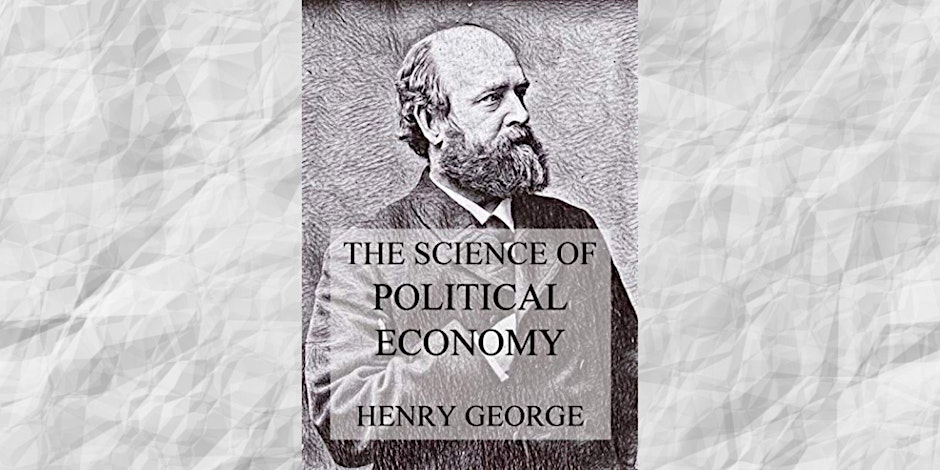Labor and Free Trade – Contextualizing Henry George’s Work on Tariffs
Henry George subtitled his *Protection or Free Trade* with “Special Regard to the Interests of Labor.” Yet this book and George’s stance on free trade alienated both the unions and the Irish immigrant workers who had been his core supporters. Today, the book is popular with conservatives and neolibertarians as a defense of conventional free-trade policies.
In this course, Dan Sullivan argues that George’s message was not wrong, but that its presentation was certainly not the best way to reach labor. This is illustrated by his writing 18 chapters promoting conventional free-trade ideas before addressing the actual concerns of labor, and his failure to define what he was actually advocating until chapter 26, “True Free Trade.”
The course begins by presenting the background context and leads a discussion of the book beginning with Chapter 26, before going through all the other chapters from 19 onward to clearly establish labor’s interests. Only after grounding the reader in labor’s real interests shall we go back and examine the first 18 chapters.
Note: This is a two-part course of five sessions each to be offered online through Zoom Videoconferencing. Attendees could connect via computer or portable devices (IOS, Android or Windows). We recommend downloading and testing the application prior to the course starting date.
THIS IS AN ONLINE COURSE
Dates: Saturdays – 6/1, 6/8, 6/15, 6/22, 6/29 (Part I)
9/7, 9/14, 9/21, 9/28, 10/5 (Part II)
Time: 12:00 PM, ET
Instructor: Dan Sullivan, Executive Director of Saving Communities, President of the Council of Georgist Organizations
How to join the event online:
To join Zoom Meeting, download Zoom and click the link below. You may also use your web browser. Alternatively you can participate via telephone but the application is recommended.
https://zoom.us/j/963999585
This event will be recorded. By participating in this event you are consenting to being recorded.
One tap mobile
+19292056099,,7669485877# US (New York)
+16699006833,,7669485877# US (San Jose)
Dial by your location
+1 929 205 6099 US (New York)
+1 669 900 6833 US (San Jose)
Meeting ID: 766 948 5877
Please feel free to call us a 212 889 8020 if you need help. Thank you !
References
Those who are interested in getting ahead of the discussion can look at the following links:
http://www.savingcommunities.org/docs/powderly.terence/30years08.html#cure-all
Terence Powderly asks to focus on land value tax and take on protectionism only after the land tax victory is won. This link takes the reader to that specific passage in a chapter of is book entirely dedicated to George’s other proposals.
Maria Mazzenga and Dan Sullivan on the interactions between Henry George, Terence Powderly, Father Edward McGlynn and the Catholic Church. (video).
https://oll.libertyfund.org/titles/1652#George_0448_620
Protection or Free Trade, chapter 26, “True Free Trade.”



